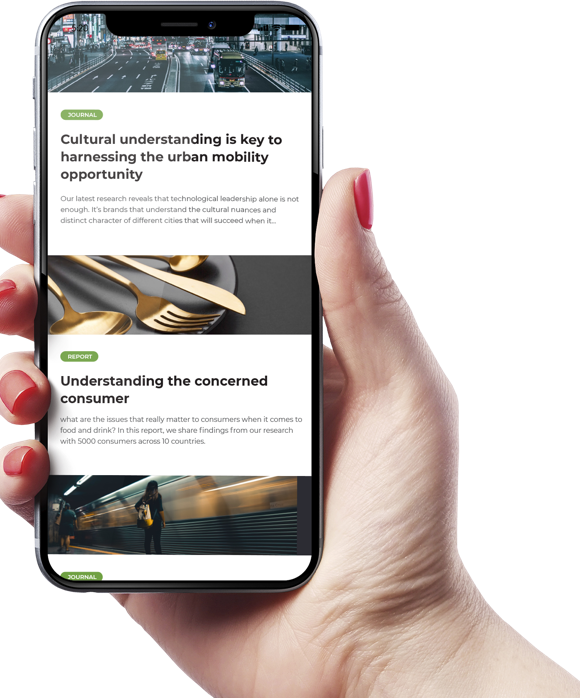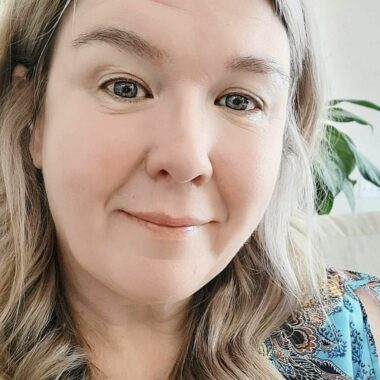In times gone by (which, despite feeling like years ago, I only mean the start of 2020!) if you were in the UK, and making small talk, you would reference the weather. In Singapore, you would ask “have you taken breakfast?” But there is now a new form of small talk. At the start of any news article, blog, meeting or catch up with family, it is now customary to reference the ‘crazy times’ that we live in – and you have to reference ‘the virus’. It begins with small talk, but make no mistake – what we are living through is the dawn of a ‘new normal’ and the sooner we start thinking about ‘what next’ and not about ‘what used to be’ the better countries, companies and consumers will be.
This is an anthropological examination, the likes of which has never been seen before. The ability to assess how governments and populations deal with the exact same crisis at the exact same time will be discussed for years to come. Hopefully, something is learned from this tragic situation, something to reduce the risk in the future. Writing in the Economist this month Bill Gates feels there must be dramatic innovations in vaccines, home diagnostics and antiviral drugs for us to be able to combat another pandemic. However, Gates also references Winston Churchill, speaking in 1942, as Britain had just won its first land victory “This is not the end. It is not even the beginning of the end. But it is, perhaps, the end of the beginning.” Gates feels that things must change.
A global crisis is nothing new. Neither is the talk about ‘change’. The last recession in the late 2000s saw the rise of Uber, Airbnb and Pinterest. In fact, looking back through history, we can begin to notice a pattern that extends beyond the startup ecosystem: Apple, Microsoft, General Electric, IBM, General Motors, Burger King, CNN, and Disney were all founded during recessions. But this time, in 2020, all the rules have changed.
Get regular insights
Keep up to date with the latest insights from our research as well as all our company news in our free monthly newsletter.

In the past, even during recessions, there were those that suffered economically and those that prospered. Whilst this is still likely to be the case, the type of suffering that is hitting markets is unique. Retailers are shut. Restaurants are shut. Production lines are shut. Airlines are grounded. Every person has been impacted. And as a result how we think about brands, how we rationalise our purchase habits, how we determine what is now an ‘essential’ spend has perhaps been changed forever. As was stated in a Forbes article – How we work, exercise, shop, learn, communicate, and of course, where we work, will be changed forever!
Whilst the temptation is to throw hands in the air and proclaim that ‘nobody knows what’s happening’ is strong. If you watch, if you listen, if you immerse, brands will be able to pick up important clues as to how to navigate these changes. Social media groups are rallying round small businesses. Facebook groups are being set up to identify the brands that ‘deserve’ your money. Brands with billionaire owners, taking advantage of government support packages are being called out as immoral. Now is the time to look, listen and to plan. Whilst I am of course bias, now is perhaps the most important time to invest in your research and strategy teams. Seeking inspiration, insight and ideas from others is perhaps the best use of your time. There will be brands that get it right, and brands that get it wrong. That has always been the case, but somehow, now the stakes feel higher now. None of us know when the crisis will be over. However, we can be sure that the companies that do survive, will be the ones that grasp what is the ‘new normal’ faster than those that don’t.




 Senior Marketing Executive
Senior Marketing Executive Sales & Marketing
Sales & Marketing General Manager PR -Internal Communications & Government Affairs
General Manager PR -Internal Communications & Government Affairs Vital Strategies
Vital Strategies
 Customer Intelligence Director
Customer Intelligence Director